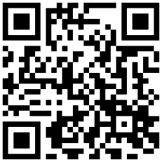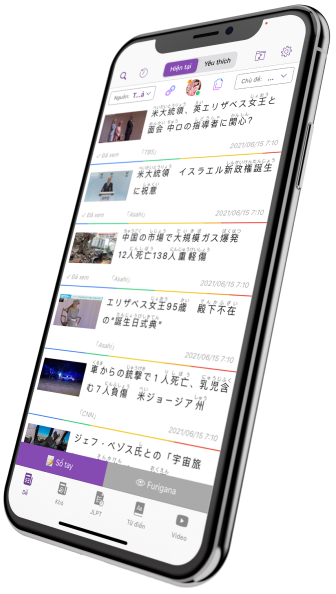
ちゃいけない・じゃいけない (cha ikenai / ja ikenai)
Meaning 意味
must not do (spoken Japanese)
How to use 使い方
|
Verb て |
ちゃだめ ちゃいけない ちゃいけません |
|
Verb で |
じゃダメ じゃいけない じゃいけません |
Learn Japanese grammar: ちゃいけない (cha ikenai) / ちゃダメ (cha dame) / じゃいけない (ja ikenai) / じゃダメ (ja dame). Meaning: must not; may not; cannot (spoken Japanese).
This grammar is a more casual way to say we should not do / may not do something. To be more formal, you can use てはいけない (te wa ikenai).
Which to use: ちゃ VS じゃ
-
Use the verb’s て form, but then remove the て
たべる -> たべて -> たべちゃ
“taberu” -> “tabete” -> “tabe cha”
-
If the て form is で, then ちゃ turns to じゃ
のむ -> のんで -> のんじゃ
“nomu” -> “nonde” -> “nonja”
Main Ending Patterns
-
ダメ (dame) = standard, casual
-
いけない (ikenai) = standard, casual
-
いけません (ikemasen) = same, but more formal
E.g.
1. 寝る前にスマホを見ちゃダメよ。
neru mae ni sumaho o micha dame yo.
You shouldn't look at your smartphone before going to bed.
2. ここはきけんなので、入っちゃダメだよ。
koko wa kiken na node, haiccha dame da yo.
This area is dangerous, so you're not allowed to enter.
👉 Follow Todaii Easy Japanese to learn Japanese better, if you want to study Japanese but don’t know what you need to learn, You can try Todaii Easy Japanese, and start learning Japanese by reading Japanese news is a good idea for beginners.










登錄後發表評論